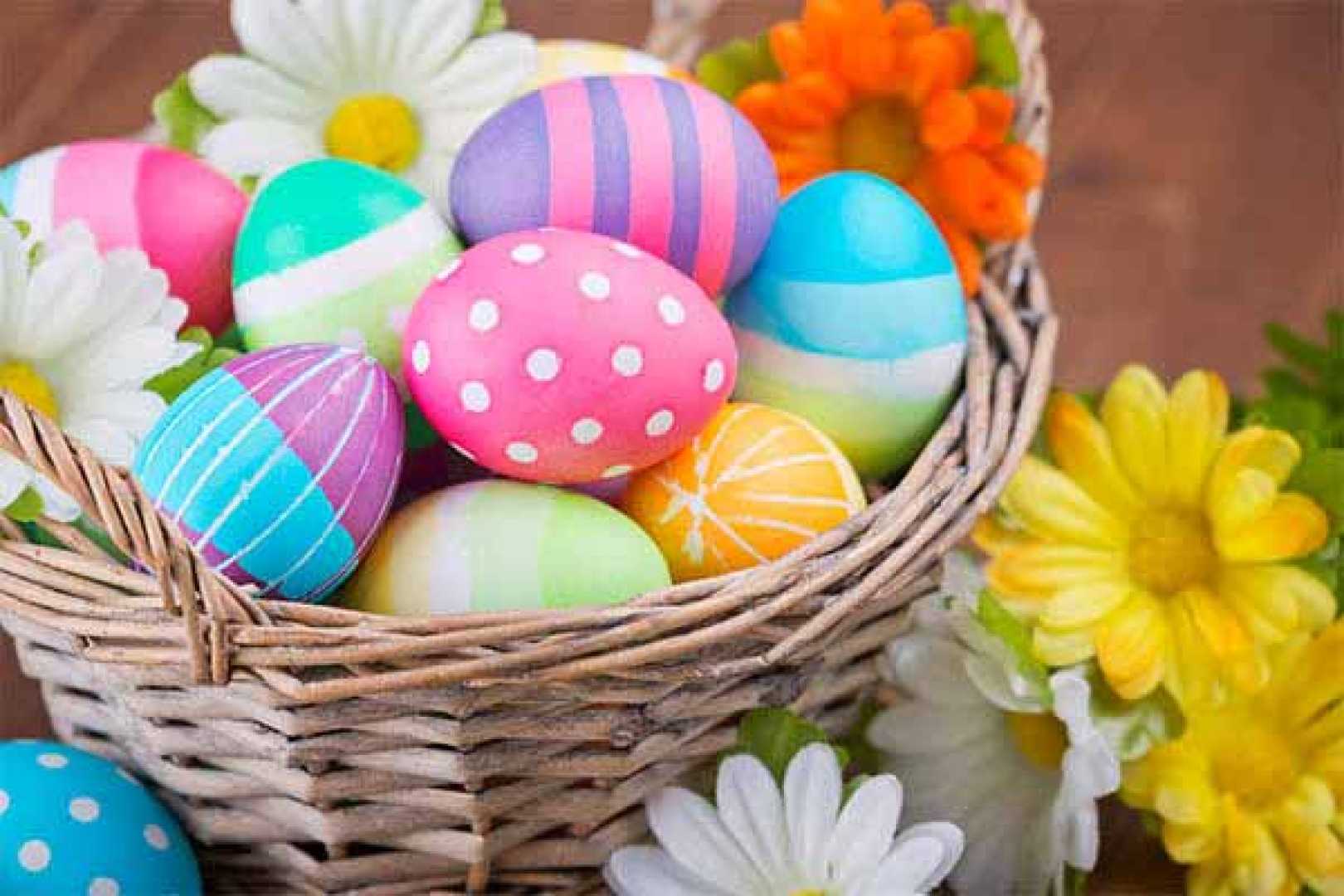Education
Easter Dates and Traditions: Understanding the Resurrection Celebration

ST. LOUIS, Mo. — Easter, one of the most revered holidays in Christian tradition, celebrates the resurrection of Jesus Christ. This year, Easter Sunday falls on April 20, 2025, marking the end of Holy Week, which begins on Palm Sunday, April 13, and culminates on Good Friday, April 18.
The date of Easter varies each year, determined by a lunar calendar. According to the standard definition, Easter is celebrated on the first Sunday following the first full moon after the spring equinox. Historical records indicate that until the 8th century AD, there was no standardized method for determining Easter’s date, said Matthew Easter, an associate professor of biblical studies at Missouri Baptist University.
“Easter in the Gospels is connected to the Jewish Passover, which falls on the 14th day of the month of Nissan,” Easter explained. “In the early days of Christianity, some sects celebrated Easter on Passover, whether it fell on a Sunday or not.”
The formal observance of Easter on Sunday emerged during the reign of the Roman Empire. In 190 AD, Bishop Victor of Rome mandated that Easter must be celebrated on a Sunday, threatening excommunication for those who retained the older practice. He later retracted this threat. The Council of Nicaea, convened by Emperor Constantine in 325 AD, confirmed that Easter would be celebrated on the first Sunday after the first full moon post-spring equinox, a standard still followed today.
Easter is not only a celebration of resurrection; it also represents the conclusion of Lent, a 40-day period of fasting and reflection. Lent in 2025 began on March 5 and will conclude on April 17. This time is traditionally marked by acts of penance, charity, and often abstaining from certain luxuries.
“Many Christians give up indulgences during Lent,” Easter noted, referring to traditions where individuals may forgo sweets or other pleasures as a form of sacrifice.
As the Easter holiday approaches, discussions around the timing of celebrations, such as Easter egg hunts, often arise. While some families may view these festivities as a way to kick off the celebration early, others feel it disrupts the solemnity of Holy Saturday.
Patricia Shannon, a lifestyle journalist, shared her experience in an article discussing whether Easter egg hunts are encroaching on a day traditionally reserved for contemplation and reflection. “It’s a balancing act,” Shannon wrote, highlighting the challenge families face in juggling holiday preparations and religious observances.
The dynamic nature of holiday celebrations often leaves families navigating various traditions and personal preferences about when and how to celebrate. “Instead of rushing into the next holiday, maybe we should savor the moment of Easter,” Shannon suggested, encouraging families to find joy in the entire Easter season, which extends for 50 days until Pentecost.
The evolving nature of holiday traditions prompts reflection on how society approaches special occasions. In an ever-busy world, it’s essential to find time to cherish moments spent with loved ones while respecting personal and religious values surrounding significant holidays like Easter.












